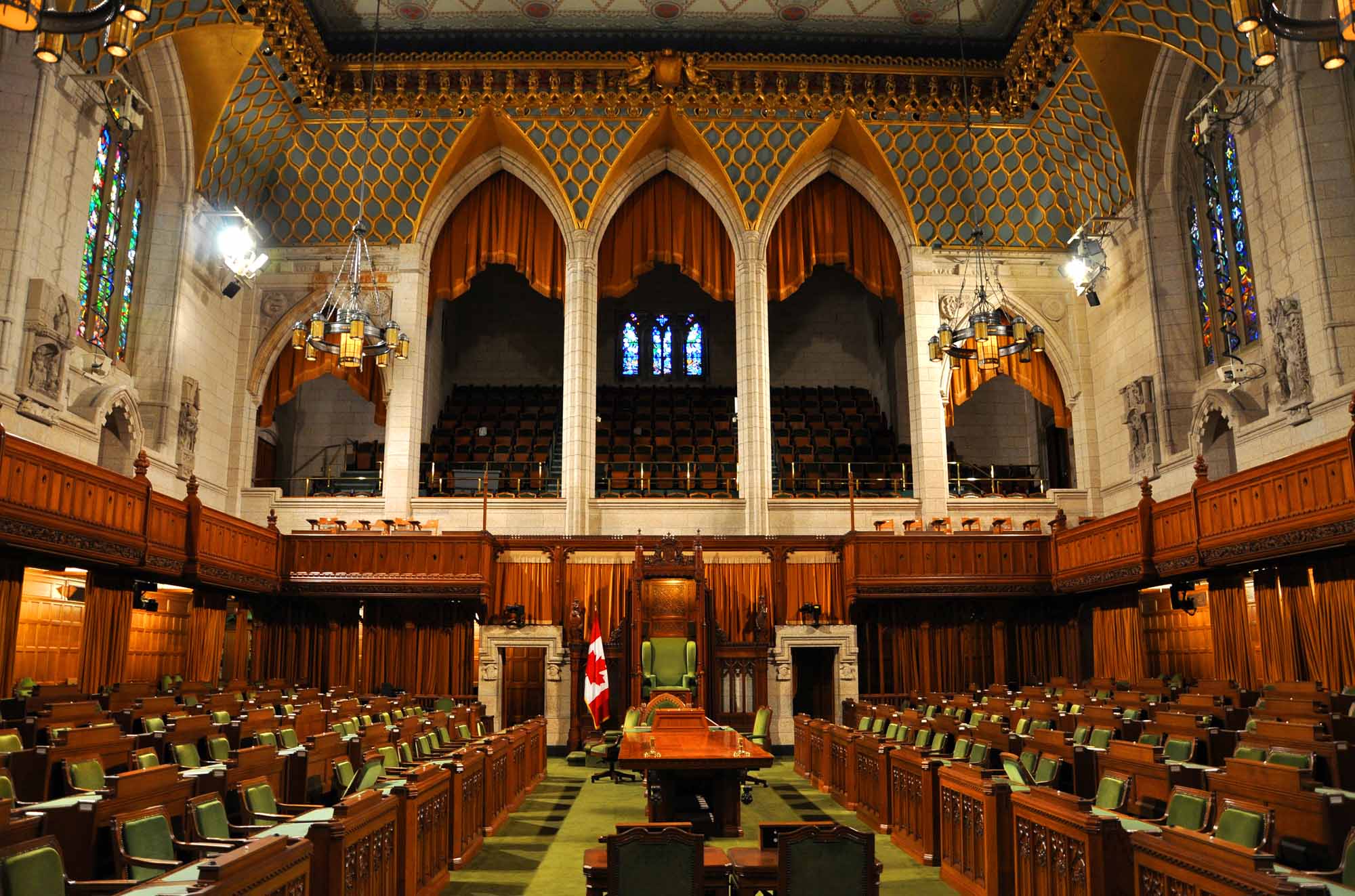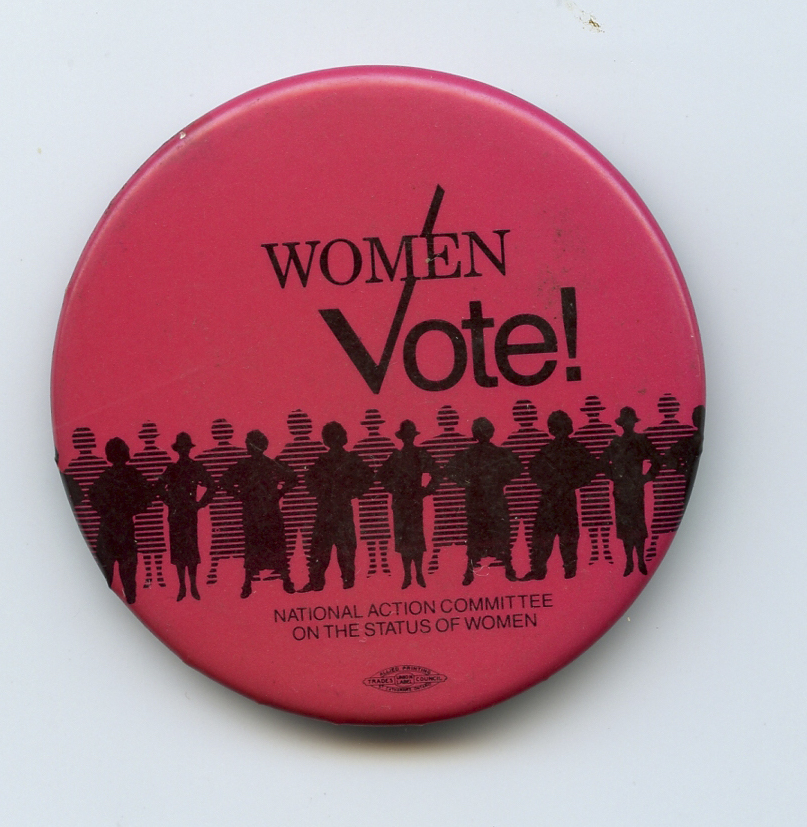Article
House Leader
House Leader, nonofficial title of MP nominated by each party to serve as head strategist and tactician in the House of Commons. The government House leader, a Cabinet member with the honorific title of president of the Privy Council, negotiates among parties about the Commons timetable.










